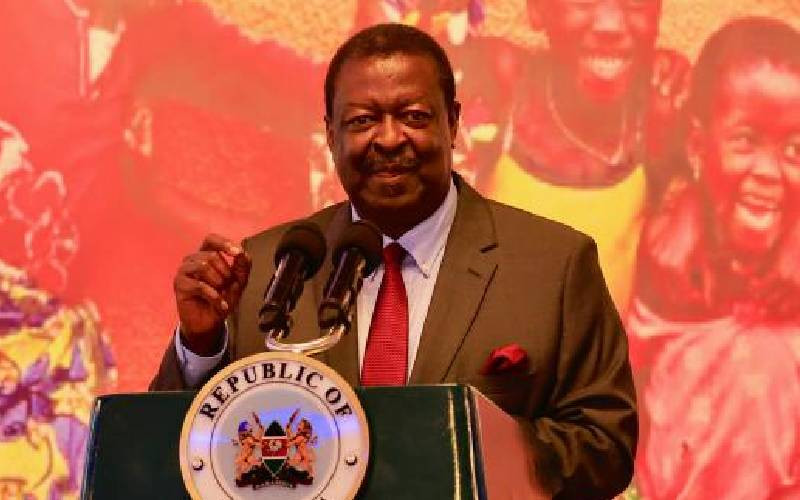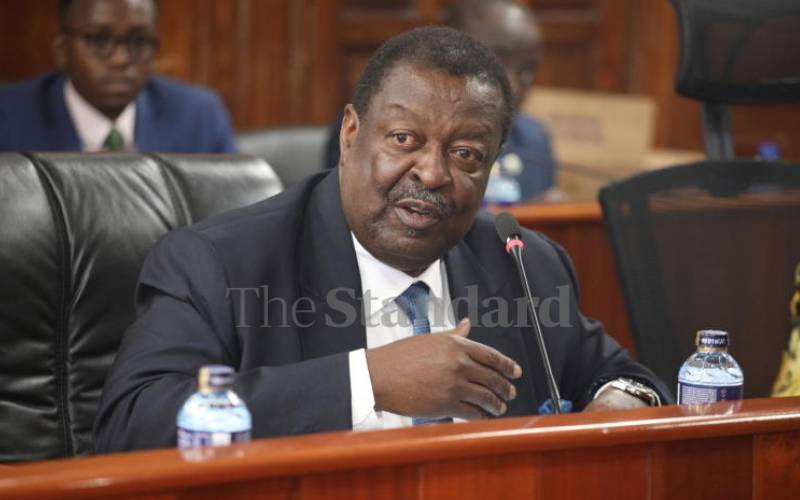The annual war on corruption has been launched with fireworks but may prove once more to be nothing more than a damp squib. For all the threats and promises, what we are witnessing appears more like passing wind in a crowded room with everyone blaming someone else for the foul smell. Those with powers and microphones are demanding accountability and justice. Every arm of government wants justice to flow down like a river, but each of them wants to decide who is going to get wet. So the battle will most likely conclude with a cease fire as the windows are opened, the stench is released and normal services resume.
It is good to stand back and take the long view of proceedings. Most of the mega corruption scandals for the last 55 years are the handiwork of the political class and their cronies. Yet, these same individuals, families and gangs are now shouting loudest about ending corruption and bringing culprits to book. Isn’t that strange, almost funny if there were not so much at stake! But this should make you suspicious about what is really going on.
Failure to replace petty thieves with mega looters in our institutions of correction is entirely the fault of the Judiciary according to vox populi and the ranting classes. Chief Justice David Maraga does not appear to have the tough skin or the skilled language of his predecessor in putting the record straight. Instead of baying for the blood of the mega thieves, the anger is projected onto the Judiciary and they are the new scapegoats to blame for the looting of the nation. Therein is another reason to be extremely sceptical about pronouncements on corruption.
What makes this all the more shameful and ridiculous is that the media have become enthusiastic collaborators in lynching the Judiciary. This was most evident in the multi sector conference on corruption when Wilfred Kiboro spoke on behalf of all media houses. He told the audience that he was giving ‘special attention’ to the Judiciary since it ‘protects criminals and Wanjiku will take action against it if it does not listen.’ He promised that the fourth estate would ‘drain the swamp’ while shining a light on corruption. He concluded by calling for Mr Kenyatta to declare corruption a national emergency and disaster.
Yet painful as it is to admit, media houses have let the public down more than any other institution in their failure to pursue and investigate mega corruption. Investigative journalism is fast disappearing and most publications are more likely to give attention to love triangles than to the maize scandal. Entertainment is valued more than education. As a result, Kenyan newspapers that were held in such high global regard for decades have more recently leaned towards the rag model of the trashy British tabloid press.
Of course every publication has its owners and the days of an independent and free press are long gone. This is sad and distressing. At independence 88 per cent of the former English colonies had an independent press. Many independence political leaders came from the newspaper ranks. Kwame Nkrumah said half a century ago, ‘the drum beat of African revolution must throb in the pages of its newspapers and magazines.’ The progressive and influential Drum magazine was founded in 1951 and there is a long history of quality investigative journalism all over the continent.
Reporting truth to the masses empowers them and does more than anything else to democratise societies. However, in recent years we have witnessed editors, cartoonists and popular columnists axed from our dailies because they dared to challenge, expose and ridicule the government of the day. How then can we speak of a free press committed to draining the swamp of corruption?
Journalism and activism once went hand in hand, but not anymore. Admittedly, there are a handful of committed dissident journalists and reporters. But in an era where newsreaders have become celebrities and fashion trend setters you wonder where the substance behind the cameras really is. Is it any wonder then that many don’t bother to watch the news and that newspaper sales are plummeting? To blame the demise on the growth of social media and news online is simplistic and escapist.
If owners and editors permitted their best journalists to do proper, consistent, thorough and impartial investigations of the scandals we would rise early to buy our copies and the three arms of government would be worried.
- [email protected] @GabrielDolan1
 The Standard Group Plc is a
multi-media organization with investments in media platforms spanning newspaper
print operations, television, radio broadcasting, digital and online services. The
Standard Group is recognized as a leading multi-media house in Kenya with a key
influence in matters of national and international interest.
The Standard Group Plc is a
multi-media organization with investments in media platforms spanning newspaper
print operations, television, radio broadcasting, digital and online services. The
Standard Group is recognized as a leading multi-media house in Kenya with a key
influence in matters of national and international interest.
 The Standard Group Plc is a
multi-media organization with investments in media platforms spanning newspaper
print operations, television, radio broadcasting, digital and online services. The
Standard Group is recognized as a leading multi-media house in Kenya with a key
influence in matters of national and international interest.
The Standard Group Plc is a
multi-media organization with investments in media platforms spanning newspaper
print operations, television, radio broadcasting, digital and online services. The
Standard Group is recognized as a leading multi-media house in Kenya with a key
influence in matters of national and international interest.









